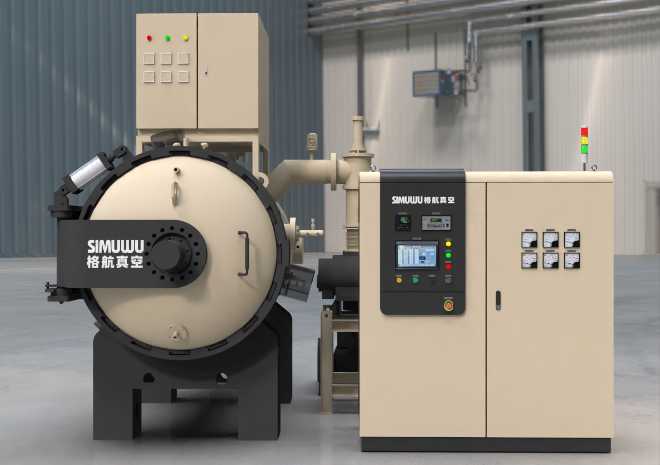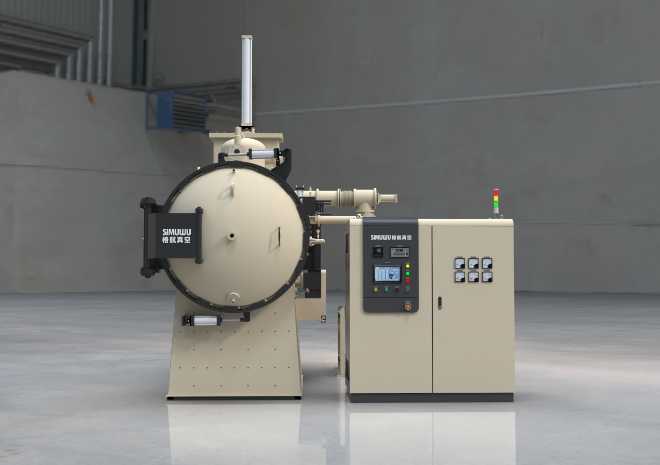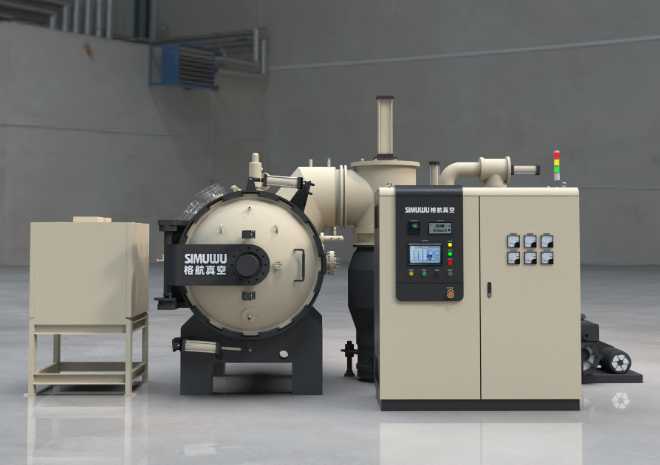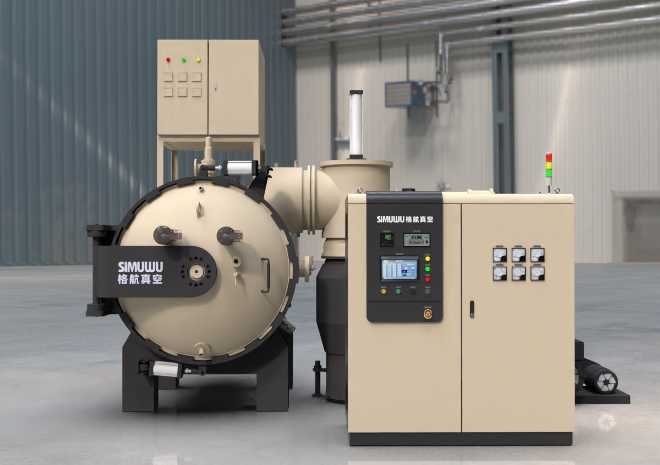Influence of the Vacuum Heat Treatment Process on the Quality of Ring Die
Controlling pressure inside a vacuum furnace is just as critical as temperature regulation, especially for vacuum brazing, sintering, and surface treatment processes. Precise pressure regulation ensures process repeatability, prevents oxidation, and allows control over chemical reactions during heat treatment.
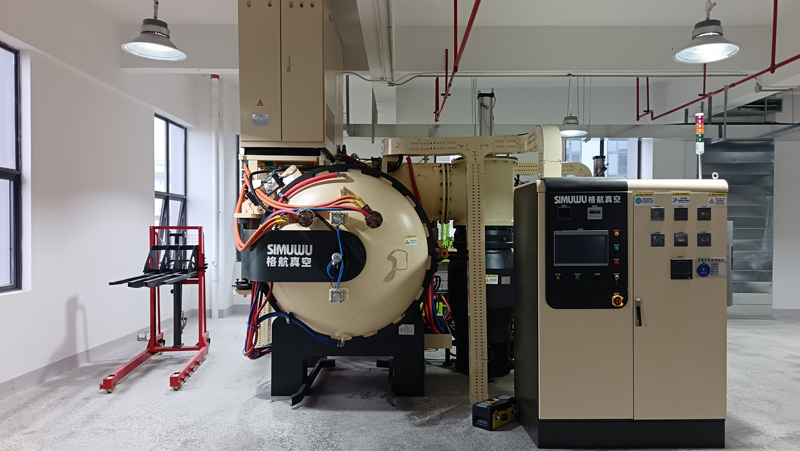
How Vacuum Furnaces Control Pressure:
Vacuum Pump Systems:
A combination of rotary vane pumps, Roots pumps, and diffusion or turbomolecular pumps enables a wide pressure range—from atmospheric to 10⁻⁵ Pa ultra-high vacuum.Vacuum Gauges and Sensors: Pirani, ionization, and capacitance manometers provide accurate, multi-range pressure readings essential for process feedback and automation.
Gas Flow and Valve Control:
PLC-controlled solenoid and proportional valves regulate the intake of argon, nitrogen, or process gases, maintaining a stable backfill pressure or creating a partial vacuum as needed.
Programmable Pressure Stages:
Advanced vacuum furnace software allows operators to set target pressures for each process phase, automating transitions between evacuation and pressurization.
Proper pressure control enables advanced applications like vacuum carburizing, nitriding, and gas quenching, all of which require extremely low oxygen levels to prevent surface contamination.
